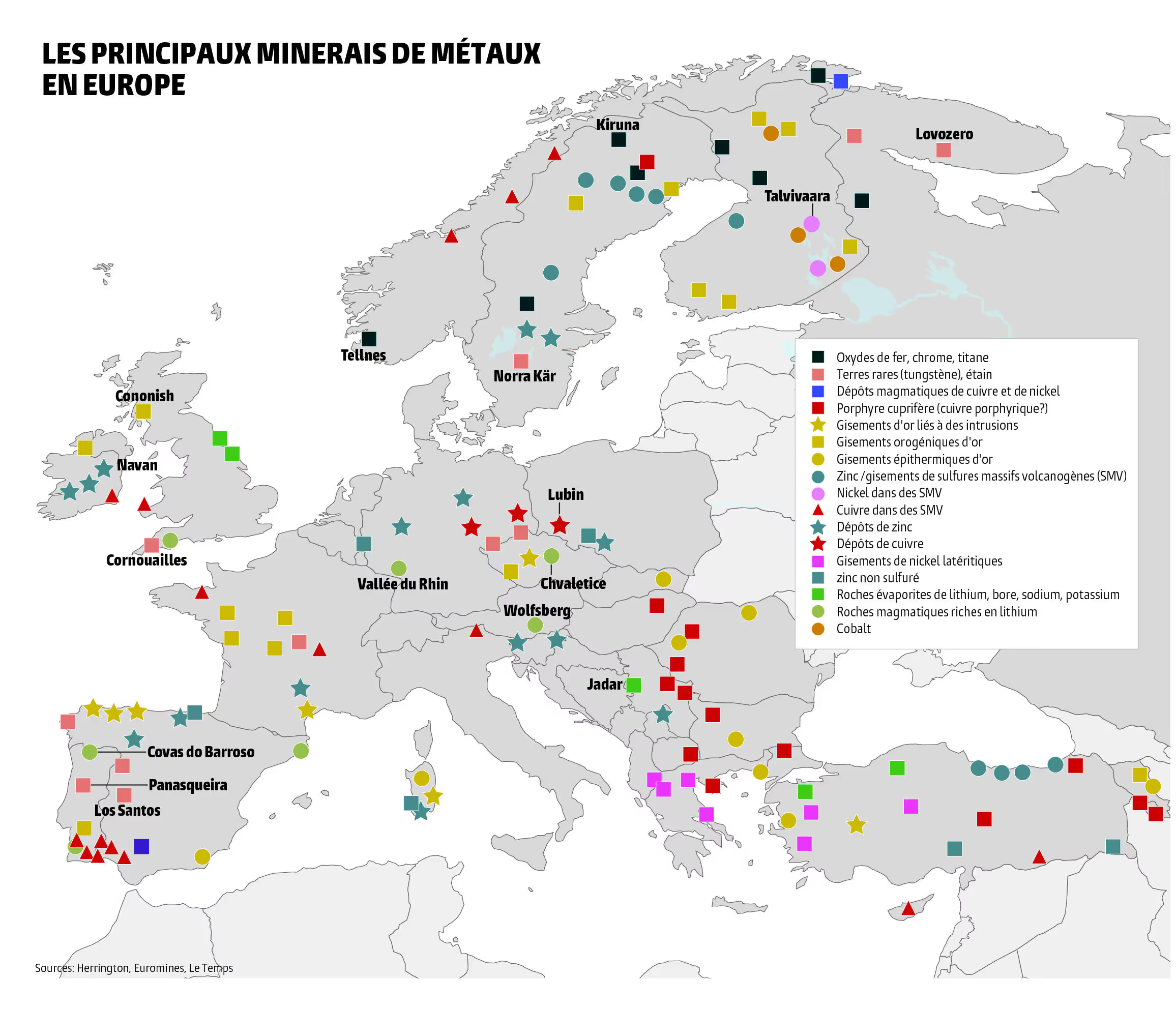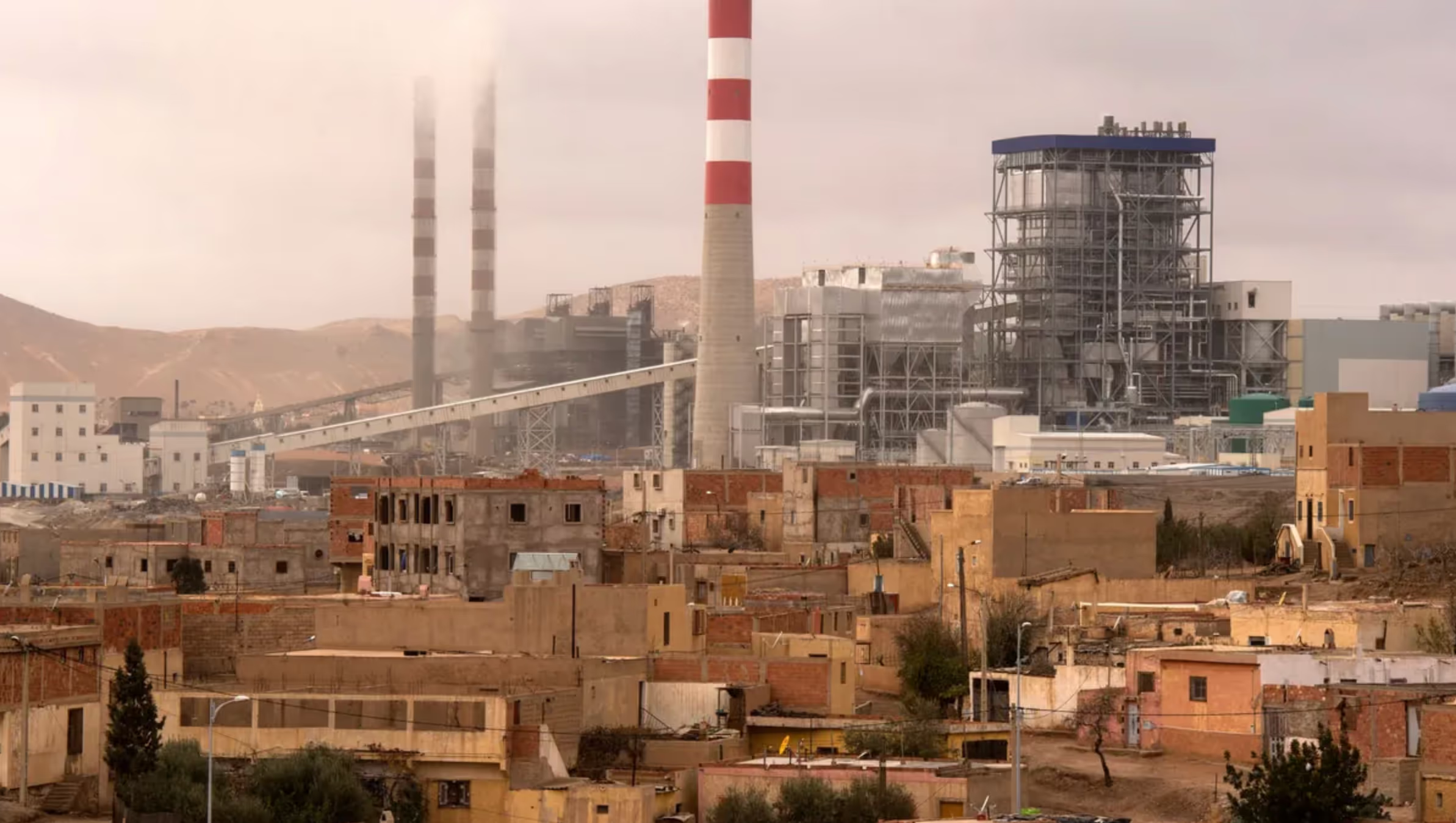“Our struggle against the techno-industrial system can certainly be understood as a class war. In the traditional Marxist sense, the worker fights against the bourgeoisie for control of the system (or to gain a greater share of the material benefits generated by the system). But our aim is less reappropriation than destruction. The only class struggle that is relevant to us is the one that opposes The technocratic elite To the rest of the world.”
(Theodore Kaczynski, 1999)
At a time when the left remains convinced that the class struggle is only one struggle among others, where only the ruling class (technocrat) knows itself to be a class and acts accordingly, let us remember that it is not bourgeois idealism that pushes ATR to advocate the anti-tech revolution. The material, ecological and economic situation is the lever of our existence. That is why the class struggle must now take on a new form.
I — The anti-tech revolution is not a whim of bourgeois idealists
By dint of targeting the technological system, some sad minds accuse us on the ground of denying the economic difficulties of ordinary workers. However, less than solving these problems as part of the technological society, it is their anti-technological overcoming that we are talking about. Concretely, we do not want to see an improvement in the conditions of slavery. Cheaper gas, cheaper races or other system adjustments will never replace the search for concrete autonomy.
Make no mistake here: it is because we are also hardworking that we refuse to maintain the mummified pattern of the struggle for the improvement of living conditions in the techno-industrial society (i.e. the improvement of the techno-industrial society). We have seen the trade union impasse, the participatory impasse, the institutional trap that captures and diverts living energies. Fighting for an improvement in living conditions within the system is equivalent to fight to prolong the existence of this system. Wanting to improve the lives of prisoners in techno-industrial society means not wanting their release.
Since its early beginnings, the techno-system has sold various dreams: to rid the human race of work through the progress of automation, to ensure abundance for all, to offer time to live once the mechanical quest has been completed. But what do we see? Where the machine triumphs, the human being comes out impoverished. Less competent, became frail or obese, intellectually and morally impaired. He gives his free time to the entertainment industry. Her health, in the oncology department. All these promises of a better future have in fact been around since the advent of industrial society. More than two hundred years later, the same expectations animate those who are its prisoners.
That the anarchists could have dreamed, like Kropotkin in The Conquest of Bread, that self-managed industry would free us up time to study and live seems forgivable to us. In fact, the 19thE had not yet confronted the question of resources, nor that of the global disaster caused by the industrial revolution (both on humans and on nature). On the other hand, believing in it today is the most childish of fantasies. So where does idealism lie? Among technolatrous dreamers. Among those who, in the face of disaster, prefer to collectivize it than dismantle.
II — The fate of the proletariat is inseparable from that of its environment
The poor relative of Marxism is indeed the consciousness of nature. And even if Marx shows here and there an acute awareness of the hell represented by technological development, not all of his heirs operated. The necessary reconciliation. At a time when unemployment, underqualification and uberization are the norm, the answer cannot be found where the problem arose.
“176. Other scenarios can be envisaged, combining the various aspects mentioned. For example, machines could take up jobs of real practical importance but leave menial tasks to men. Some suggest that the development of services will create numerous jobs. Thus, individuals will spend their time polishing each other's shoes, acting as taxis for each other, making small objects or serving each other at the table, etc. This seems to us to be a way of ending up absolutely unworthy for the human species, and we doubt that many will be able to thrive in such useless occupations [1]. [...]”
The answer is also not found in the shopkeepers who insure their backs by selling courses. “Become Total man, seducer, expert, digital-nomad, real estate renter or even trainer for only €300 [2]! ” Because who can teach you how to live if not yourself?
Proletarian life, human life, like animal life, cannot flourish without a healthy environment. However, the progress of technological machinery is invariably accompanied by a deterioration of living conditions “for all”. The digital industry emits just as much CO2 than civil aviation. 99.8% of French people are poisoned with glyphosate. 200 species disappear every day. Human dignity, our sensitive experience, our autonomy, and authentic social relationships follow. Facing the dispossession, in the face of the destruction of a healthy environment by technocracy and its system, our class consciousness is surging.

If our existence is threatened by the actions of the technocratic class, we will not be saved by reversing roles. The solution is not to consume better, to be able to consume more. The solution is not to better destroy wild nature. The solution is not to self-manage the sixth mass extinction. Who would want communism without stable climate, without drinking water, without breathable air, without arable land ? The solution lies in dismantling what is harmful to us collectively: the technological system.
Why are the collective, the joint learning of defense, agriculture, construction, the common practice of sport and intellectual work key to ATR? Because we know that mutual aid is both a factor of evolution... and a factor of revolution.
III — The revolution, not the resumption of the bourgeois state
Our class consciousness prevents us from wanting to repeat the mistakes of our revolutionary ancestors, and to quote Debord, we are the proletariat that has become a “class of consciousness”. Whether intersectional or not, we are not interested in power: the state oozesexploitative masses through every one of its holes and is not designed for anything other than that purpose. Fighting for power would be nonsense. What we want is for life on this earth to still have a chance to grow. If industrialization and political liberalism have resulted in the killing of living beings, it is up to us to decree their death in turn.
“The proletariat can only be in power by becoming The consciousness class. The maturation of the productive forces cannot guarantee such power, even through the increased dispossession it causes. The Jacobin seizure of the State cannot be its instrument. None ideology cannot be used to disguise partial goals as general goals, because it cannot maintain any partial reality that is not actually his own. [3]”
The state is unrecoverable. Proletarian or not, it is only a subsystem within the “technological system” entity. He follows the tendencies and orders of the latter, which aim only at an increase in suicide. One cannot appropriate the State without having to give in to the global pressures of the technological system. However, the objective of an anti-tech revolution takes this into account.
“Rule (ii) states that if a movement aspires to transform a society, then its objective must be such that the social changes it will bring about will be irreversible — meaning that these changes will continue, without requiring additional effort by anyone. The reason is that the movement, once in power, will be “corrupt”; that is, it will no longer be true to its previous goals and ideals. [4]”
Rather than the overthrow of the State, the revolution should aim at the dismantling of the system. Indeed, “it would be better to see our struggle as anti-technology, because the class struggle maintains the illusion that it is enough to get rid of a classy particular. If we freed ourselves from the technocratic class but retained the technology, a new technocracy would soon emerge. [5]” It is crucial to think strategically and rationally about our fight. The only ideal of ATR is material, concrete: it is that of a regenerated nature where life can once again flourish.







